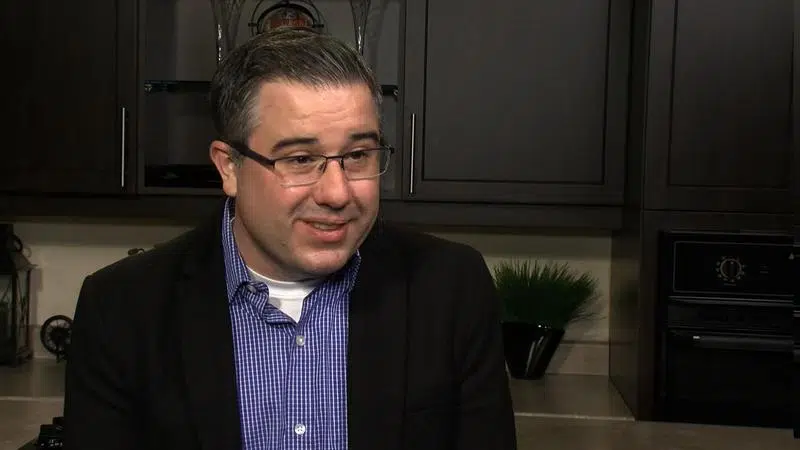
Future impact of Iran-US conflict unclear, but other nations want to avoid escalation: TRU expert
KAMLOOPS — After the US-ordered airstrike that killed a top Iranian general, Iran retaliated this week with missile strikes on two Iraqi military bases housing US troops.
So far, no fatalities have been reported, and US leaders have said they’re willing to de escalate the situation.
TRU Political Science Professor Robert Hanlon says this could be the end of planned retaliation acts, as further violence could mean a larger conflict.


